Why I Turned Down a BPO Company to Work for a Startup
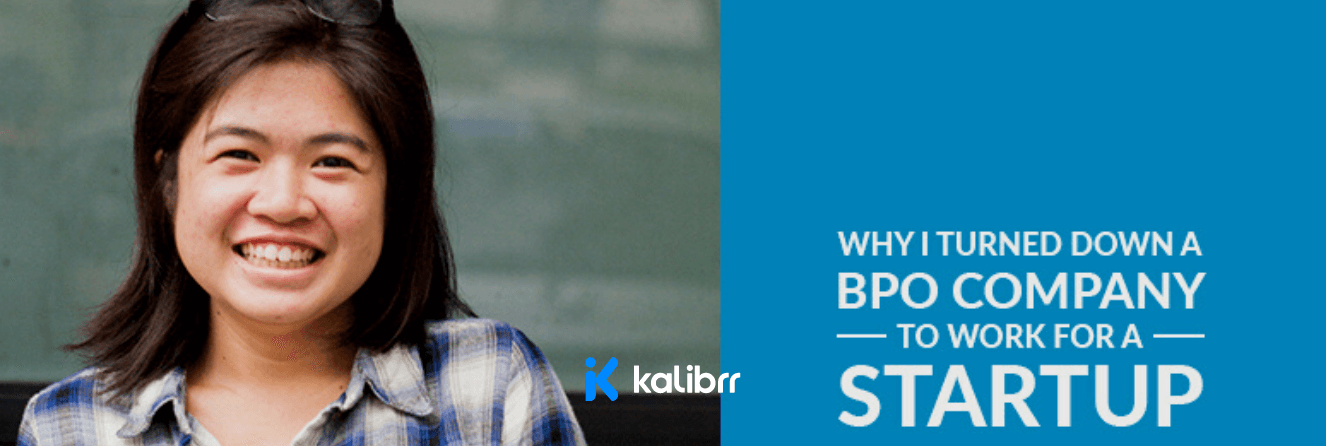
Like everyone else, I wasn’t sure of my game plan after college. I was a Management Information Systems student with a passion for art and design. Taking up MIS was a practical decision I made when I was still in high school: I knew that having a degree in I.T. would leverage me in the future. That’s why I chose it over courses that were aligned with my passion, like Information Design. I enjoyed programming in high school anyway, and that carried over to college. While it certainly isn’t my passion, it interested me enough for me to not shift courses.

Four years later, in 2015, I graduated. Before graduating, I started applying for jobs related to my degree because that was the normal thing to do, right? An MIS graduate was expected to land an I.T. role in a company. My plan then was precisely that: land an I.T. job in a multinational company, be exceptional enough to be sent overseas so I can quench my wanderlust, remain involved with Works of Heart (a youth-led design company that I’ve been part of since second year college as a graphic designer), and build capital while I still don’t know how I can exactly make a difference in the Philippines through my passion.
TOPICS
The Turning Point
I wasn’t really actively job-hunting after graduating because I knew I was already set for absorption in the company I interned for. That gave me a sense of security. The only thing I did was send out my resume to companies I liked during our university job fair. Whether or not they got back to me was not a big deal for me.
I landed a couple of interviews in multinational companies just weeks before graduation—one of which is with the company I interned for during my junior year. In one of the interviews, after the managers learned about my prior experience (which were mostly creatives, promotions, and communications-related,) and how my passion is really art and design, they told me that I should consider applying for marketing and advertising positions because they feel like I would fit those better. They told me to think about it and let me know if I still want to pursue my application with them.
On my ride home from the interview, I thought about what they said and realized that I wouldn’t want to be filled with what-ifs in the future, had I not tried applying for jobs aligned with my passion. I was hesitant to do so because, first, silly as it sounds, I felt like I would be cheating on my degree if I pursued a different path. Second, I was afraid of being rejected as a graphic designer. Finally, I wasn’t sure if the pay would be as competitive as what I’d get for an I.T. role. Nonetheless, I looked through posts on the Facebook group Ateneo Jobs and Internships that night, and found a startup company that was looking for a graphic designer.
It was Kalibrr.
I already knew about Kalibrr by then because its CEO, Paul Rivera, spoke in TEDxADMU. There was one thing he said that stuck with me: go where you’re not supposed to be. It was funny to think that the company I took a jump for and applied to as a graphic designer was the company of the man who told me to go where I’m not supposed to be.
The day of the interview was my first time to be in a startup environment. I remember wearing a white polo shirt and a pair of light washed jeans, only to find that people in Kalibrr were in the most casual clothes: there were women wearing tank tops and shorts, and men wearing shirt-and-jeans ensembles. Only the executives wore business attires. My interviewer looked like a college student in her baseball shirt-shorts-sneakers combo. They all had MacBooks. I thought then that if I ever worked for Kalibrr, I would really have to ditch my Lenovo and buy a MacBook just to fit in. I was planning to do so anyway after graduation.
After the interview, I felt like I would fit in the startup world more than I would in the corporate world. All the things that I wanted but wouldn’t find in the corporate world, I found in Kalibrr: there was no strict dress code or work hours, and the team is small enough that whatever you do would surely be impactful. If ever, I would be the first in-house graphic designer they’ll hire. I liked that because it made me feel like I matter and that my output would be valued. Most of all, I can wear what I usually wear in college and come in whatever time I want so long as I am delivering high quality designs on time.
About a month after, I received an offer from Kalibrr. The company I interned for also offered me an I.T. role the same week. It was a dilemma up until the very end. At that point, my only hesitation in accepting Kalibrr’s offer was how I feel like I would be cheating on my degree if I go with Kalibrr as a graphic designer, because I already knew that the pay was as competitive as that of an I.T. role. I remember asking my parents about it—they told me to go with what I think would help me grow into the person I want to become in the future.
After making a bunch of pros and cons tables and a lot of discernment, I ended up rejecting an equally attractive offer from a BPO company to work at Kalibrr as a graphic designer. I realized I would be more in my element as a graphic designer who wakes up at 9AM and wears shorts to do what I do best rather than a software engineer who wakes up at 6AM and wears corporate attire to work for 8 hours straight.
‘The Best Time of My Life’
I got hired in April. Fast forward to today, five months later, I am still having the best time of my life, leaving work every day feeling either challenged, motivated, or inspired and excited. Most of the time, I feel all four.
Gone was my original game plan of sticking to what was expected of me as an MIS graduate and saving up while I still don’t know how exactly I would want to pursue my passion in art and design. My new game plan now is to learn as much as I can not only in my craft and how it can help a company grow, but also in putting up a business. I’ve grown a lot as a graphic designer and more importantly, as a person—thanks to my everyday experiences with Kalibrr.
I am continuously learning to take failures positively. I remember when I was first tasked to create a set of Facebook ads, and how both studies I prepared were rejected. Or when I had to make numerous iterations on a credit card design before finally nailing it. Or recently, when I had to scrap out a previously finished sales deck and make a new one because the first design was deemed average. At first, all of these made me feel less confident about myself as a graphic designer— every time something got rejected, it made me doubt my capabilities. But I just took each rejection as a challenge to do better, and made a design comeback so good all my previous shortcomings were worth it.

I also learned to not only ask questions, but to ask good questions because that’s the only way to grow. During my welcome lunch with Paul, he encouraged me to ask him questions. I remember asking him about what advice he can give me with regards to improving my self-confidence, especially when speaking in public. He told me to put myself in situations where I am obliged to speak because that’s the only way I will get better at it. He warned me that it will be uncomfortable, but that’s okay. The only way to conquer one’s fear is to face it anyway. He encouraged me to report in one of our all-hands meeting, and ask him afterwards how I did. I haven’t done that yet, though.
Finally, I found the mentors I’ve been worrying I wouldn’t find in college in Paul, Roxi, my manager, and just recently, Dani, our content marketing manager. They take me to breakfasts and lunches, get to know me and my goals better so that they can mentor me well. I can reach out to them whenever I need advice or guidance—whether it’s about my writing or it’s for a friend who’s trying to negotiate an offer. They are approachable and I can feel that they really care about me and my career growth.
‘Go where you’re not supposed to’
I grow because they keep pushing me out of the box—assigning me to challenging tasks and putting me in uncomfortable situations that help me improve. Two months ago, they sent me to one of our clients to do a company photo shoot. It was challenging because although I know a few things about photography, it wasn’t my forte. Nonetheless, with the help of a colleague, I was able to pull it off.
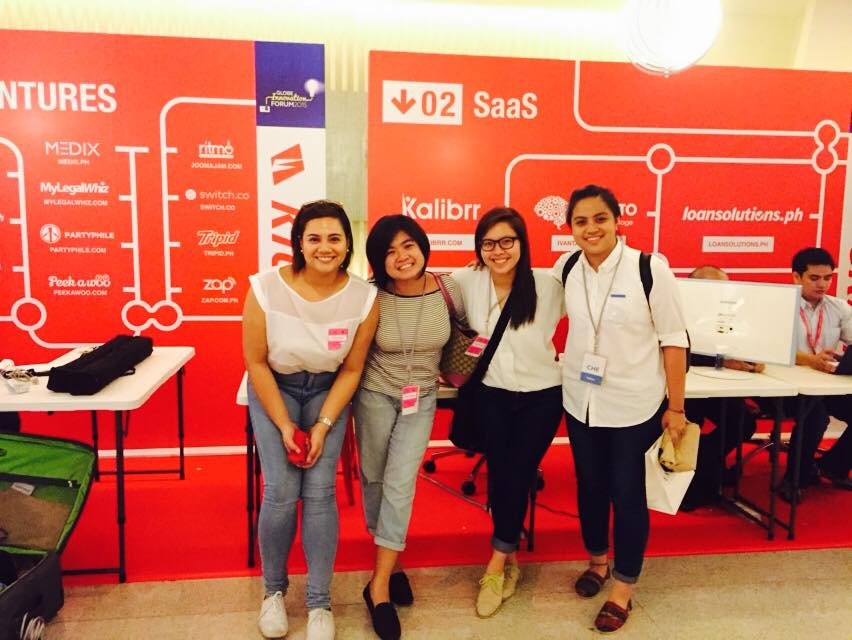
About a month ago, my manager gave us the responsibility to plan and prepare Kalibrr’s booth in two consecutive events while she was away. She left us with a budget and told us to do whatever we want. We did everything from brainstorming, designing the event collaterals, manning the booth and pitching Kalibrr to the participants. I manned the booth alone one time and had no choice but to pitch Kalibrr to recruiters, executives and students on my own. That was definitely a challenge for me, especially with how I tend to get too nervous when put on the spot. Thinking that I am representing Kalibrr to potential stakeholders, I was able to not let my nervousness affect how I pitch, and pitch Kalibrr well.
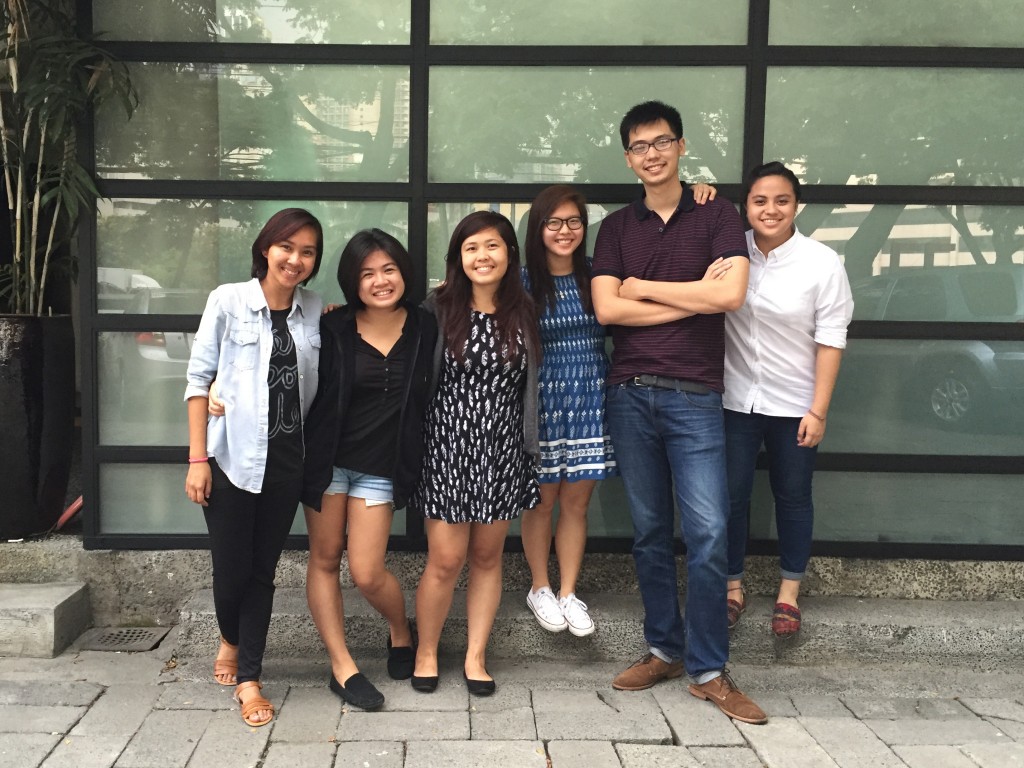
I wasn’t supposed to be in one of our client’s office trying to translate their company culture in photographs, nor was I supposed to be in events, pitching. I wasn’t even supposed to be with Kalibrr in the first place, making sales decks that close deals, Instagram posts that inspire people, and ads that open doors for jobseekers to find jobs through Kalibrr. I was supposed to be an associate software engineer in some multinational company, or at least that’s what I thought. But you know what? Going where I’m not supposed to is probably one of the decisions I’ll keep doing every now and then for the rest of my life. Because sometimes, going where you’re not supposed to actually leads you exactly where you’re meant to be.

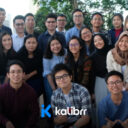

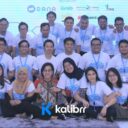
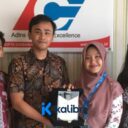

No comment available yet!